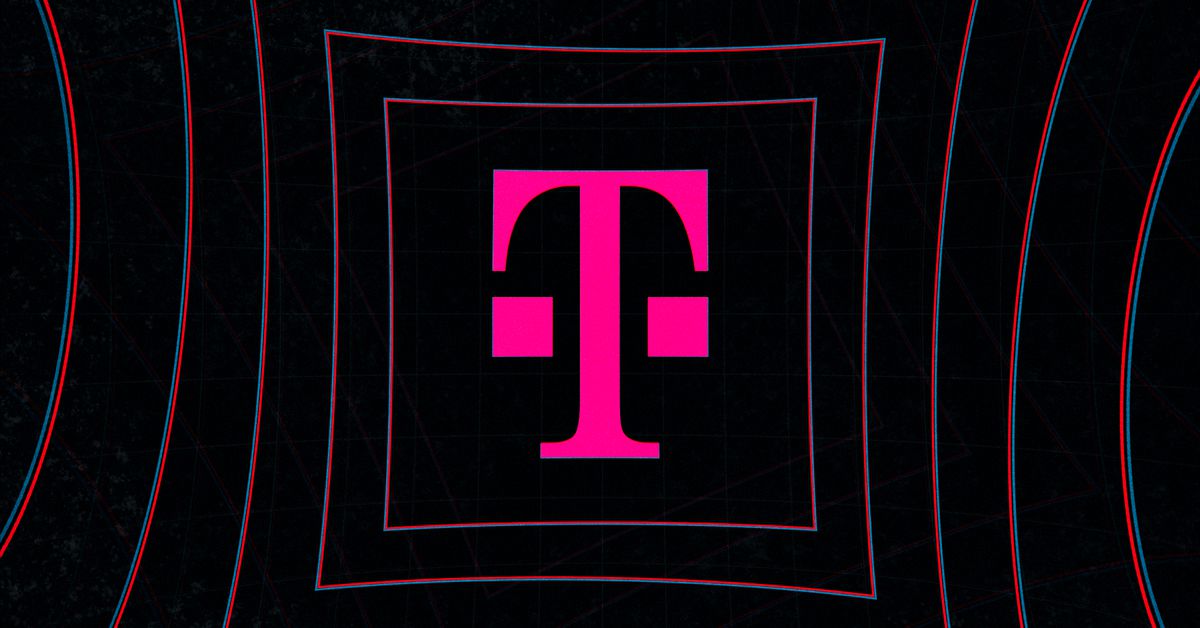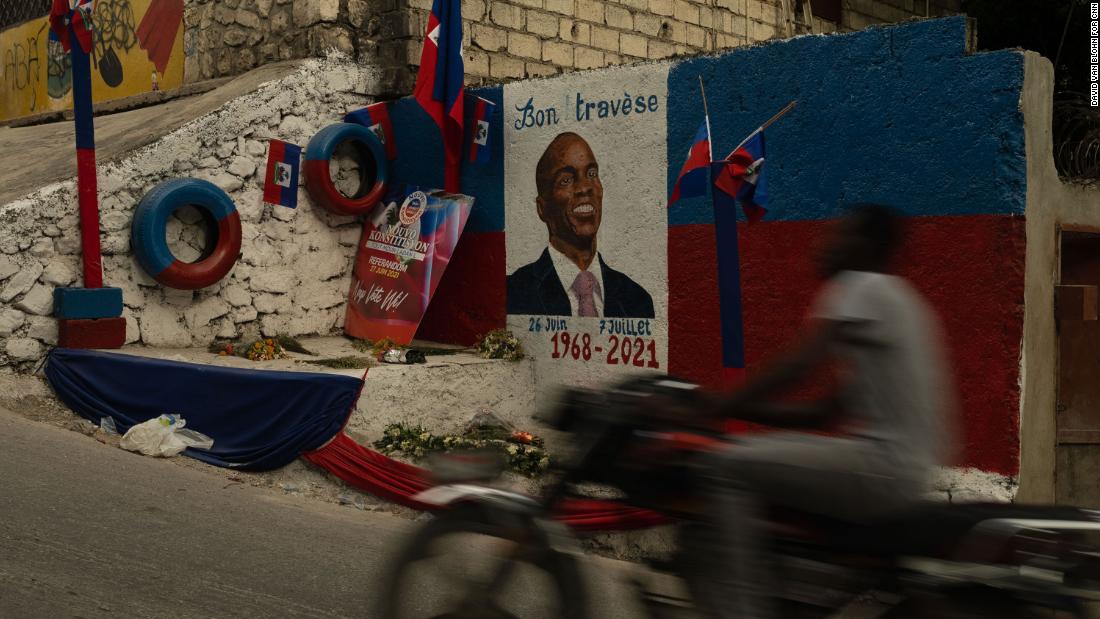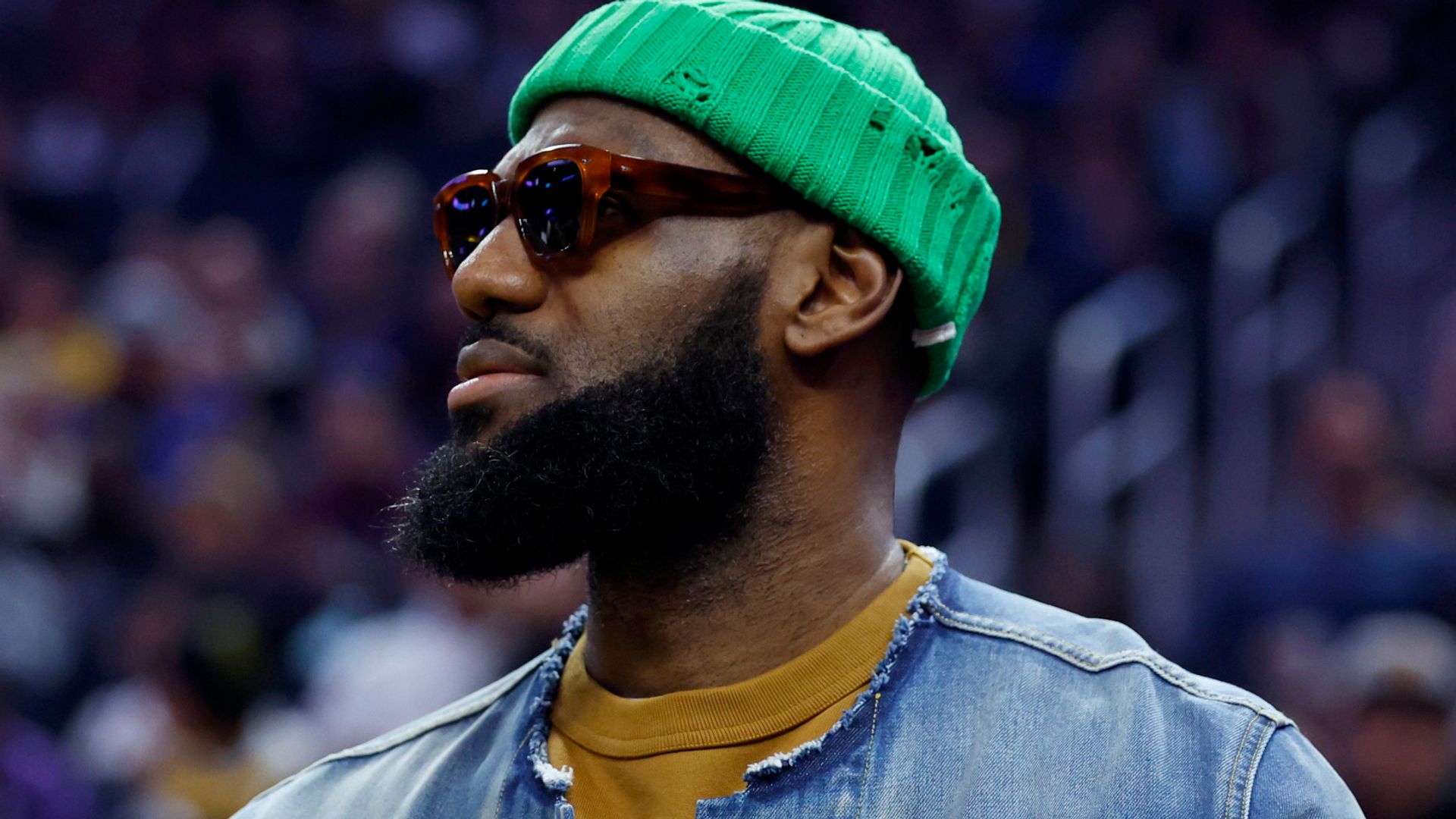Phone Injustice: Profiting from Families of the Incarcerated
The extreme costs of making a phone call from prison make it nearly impossible for incarcerated individuals to connect with loved ones and heal damaged lives, writes Illinois Rep. Bobby Rush, who has sponsored a bill to cap rates.


photo by muckrock via Flickr
During my 30 years in Congress, I have dedicated my time to improving the lives of vulnerable people. Before I return home from Washington, I am determined to pass the Martha Wright Prison Phone Justice Act, which will end predatory prison and jail call rates.
Right now, families of incarcerated people are forced to pay prohibitively expensive fees to stay connected through simple phone calls. It is inhumane and immoral.
We all gain when incarcerated people can remain connected to their support networks, because they have a better likelihood of not returning to jail or prison. Yet, the extreme costs of making a phone call — as much as $25 for a 15–minute call — makes it nearly impossible for families to maintain connections. It is past time we change this.
Martha Wright, the namesake of this bill, needlessly suffered as she tried to stay in touch with her grandson when he was incarcerated.
Today, there are millions of Martha Wrights around the country who make similar sacrifices while supporting family members inside prisons and jails. One in three families go into debt just to call their loved ones. That is unconscionable.
Creating safeguards to protect these families from exploitation already has widespread support. A 2020 poll commissioned by Worth Rises found that over 70 percent of Americans support providing phone calls in prisons and jails at no cost.

Rep. Bobby L. Rush
This fight has been decades in the making.
In 2005, when I first introduced legislation on this issue, hardly anyone knew about these astronomical costs unless they were directly impacted. Since then, protestors have repeatedly gathered outside the Federal Communications Commission (FCC), director Ava Duvernay has taken up the cause, and the issue has been featured in podcasts and on television.
In recent years, New York City, San Francisco, San Diego, Dallas, and the State of Connecticut made phone calls free for incarcerated people.
The FCC also took steps to lower costs. But due to a 2017 Federal court decision, its authority has been restricted to only regulating calls that cross state lines, what we once called long distance.
Unfortunately, as the FCC found under Republican Chair Ajit Pai, over 80 percent of calls to incarcerated people are in-state calls, and thus not subject to the FCC’s current rules.
Despite regulatory efforts, few families have seen relief.
That is why I took up this issue again, introducing updated and revised legislation: the Martha Wright Prison Phone Justice Act.
The legislation would confirm the FCC’s regulatory power to protect all prison and jail phone calls, not just those that cross state lines. It would also establish interim rate caps of no more than five cents per minute while the FCC conducts a proceeding to determine permanent rate caps.
The U.S. House passed the Martha Wright Prison Phone Justice Act language as part of its landmark COVID response, the HEROES Act in 2020, but it did not pass the Senate. I reintroduced the legislation this Congress and urge my colleagues, on both sides of the aisle, to work with me to finally get this across the finish line.
Together, we can make sure families and loved ones stay connected.
I was escorted off the House Floor when I stood in solidarity with Trayvon Martin by wearing a hoodie. I was arrested for trespassing at the Sudanese embassy to protest genocide. And before I arrived in Washington, I was a proud member of the Black Panther Party.
I am proud of the work I have done, and as I finish my last term in office, I aim to cement my legacy as an advocate against injustice by passing the Martha Wright Prison Phone Justice Act.
The price of justice cannot be measured in per-minute rates.
U.S. Rep. Bobby L. Rush (R-IL) is Chair of the House Energy Subcommittee. A long-time civil rights champion and former member of the Black Panthers, he is the pastor of the Beloved Community Christian Church of God in Christ in Chicago. Follow him on Twitter at https://twitter.com/RepBobbyRush, on Facebook: https://www.facebook.com/congressmanbobbyrush, or on Instagram: https://www.instagram.com/repbobbyrush

 Landwebs
Landwebs 





















